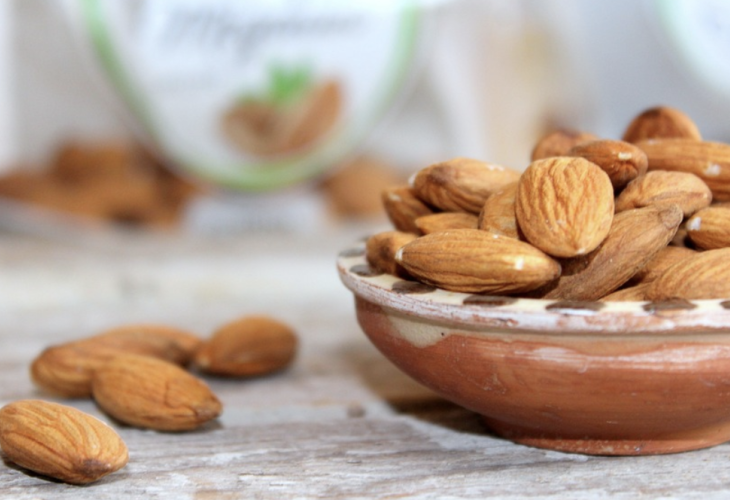Are You Munching on Almonds Daily? Here's a Risk You Should Know About
Almonds are packed with a high amount of vitamin E, which is great for your skin—fighting free radicals and providing protection from sun damage while locking in moisture. But alongside these perks, there are some downsides you'll want to be aware of.

If you're an almond enthusiast and habitually munch on a handful (naturally!) every day, it's important to understand the risks involved. While they are packed with essential nutrients, almonds can also have harmful effects if eaten excessively.
Ever heard of vitamin toxicity?
If not, there's a first time for everything:
Almonds contain a significant amount of vitamin E, which is fantastic for rejuvenating your skin—battling those free radicals and shielding your skin from environmental harm while maintaining moisture balance.
However, despite these advantages, there are drawbacks to consider. Among all vitamins, vitamin E is the least 'dangerous'.
Water-soluble vitamins—such as B and C—are easily excreted by the body through urine and sweat. But when it comes to fat-soluble vitamins—A, D, E, K—it's essential to be informed of the following:
1. The body cannot excrete them through sweat or urine because they are hydrophobic (water-fearing).
2. In large quantities, these vitamins can lead to toxicity, resulting in nausea, various pains, and even bleeding.
3. Although rare, toxicity can also occur with water-soluble vitamins.
4. Overconsumption of vitamin A can lead to headaches, dizziness, blurred vision, and vomiting. Excessive vitamin D can cause digestive issues, such as constipation and vomiting, along with severe weight loss. High levels of vitamin E might result in unexplained bleeding, and too much vitamin K could lead to red blood cell damage and jaundice.
How does eating 30 almonds a day affect us?
The dietary fibers in almonds can cause constipation and bloating when consumed excessively. This might lead to additional complications like hemorrhoids, given a strained digestive system trying to cope with the fibers.
Too many almonds can also impact blood clotting functions, which is why the American health authority, FDA, limits almond intake to about 1.5 ounces per day, approximately 42 grams (or around 10 almonds daily).

